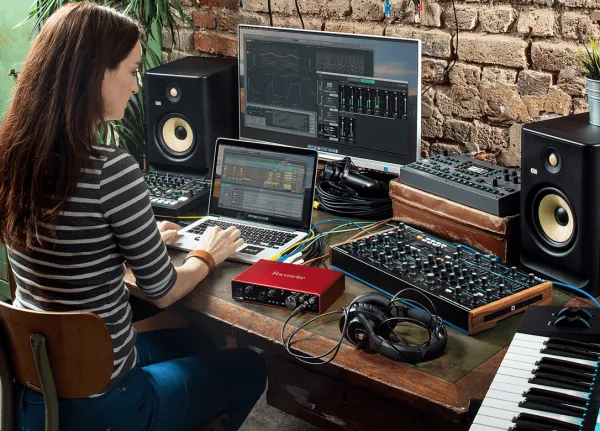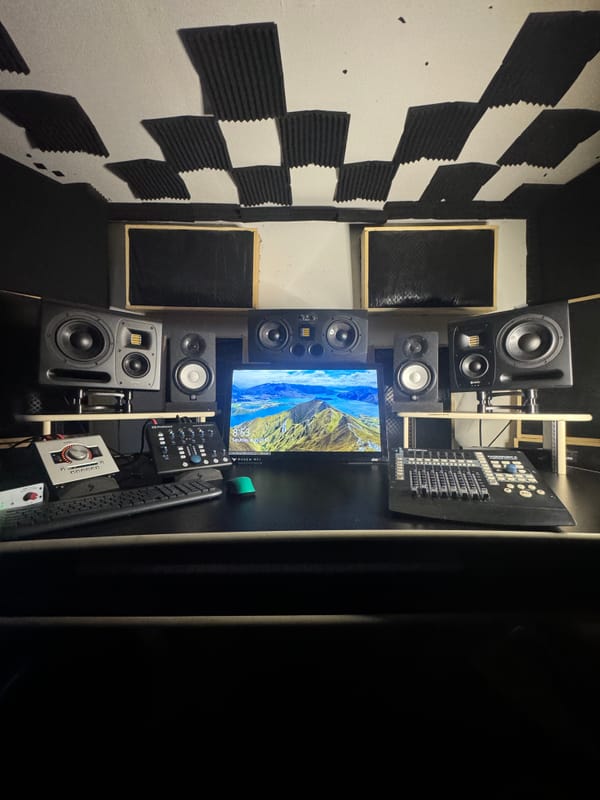Is Music School the right choice for Your Mixing & Mastering Career?
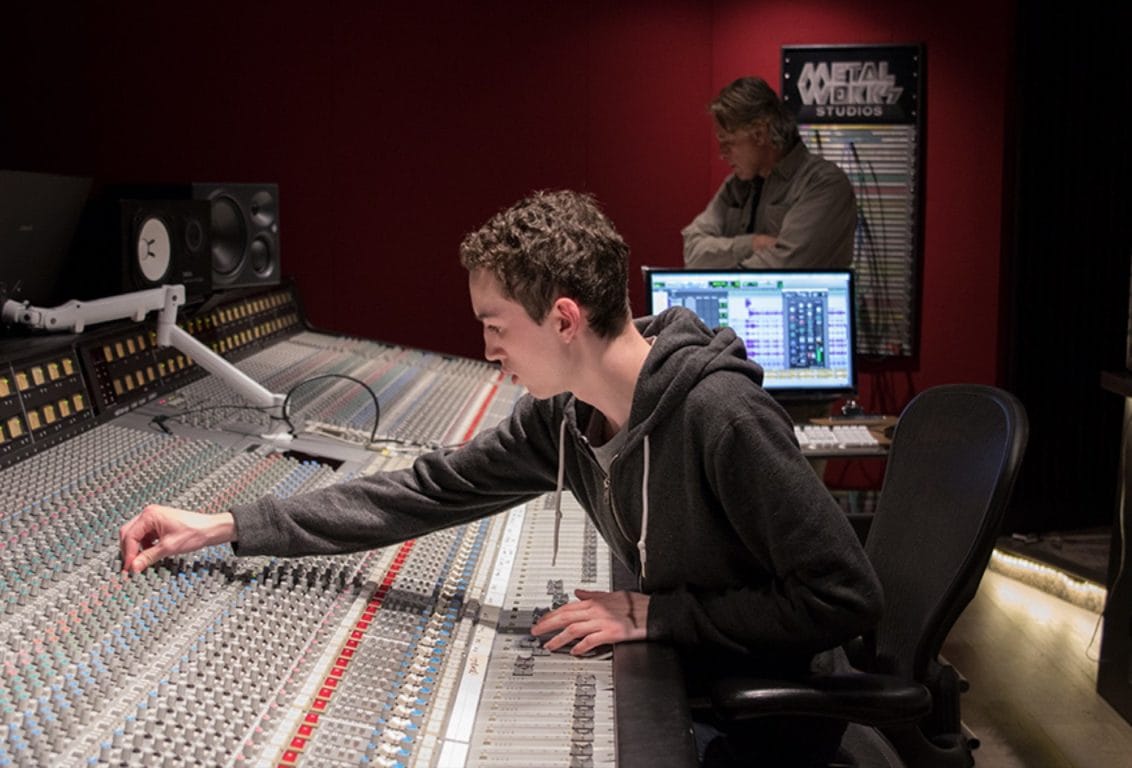
Diving into the world of mixing and mastering is an exciting journey for anyone passionate about sound engineering. If you're pondering whether formal education is the way to go, there are several factors to consider. Let's explore how music school could fit into your career path as a mixing and mastering engineer.
The High Notes of Music School
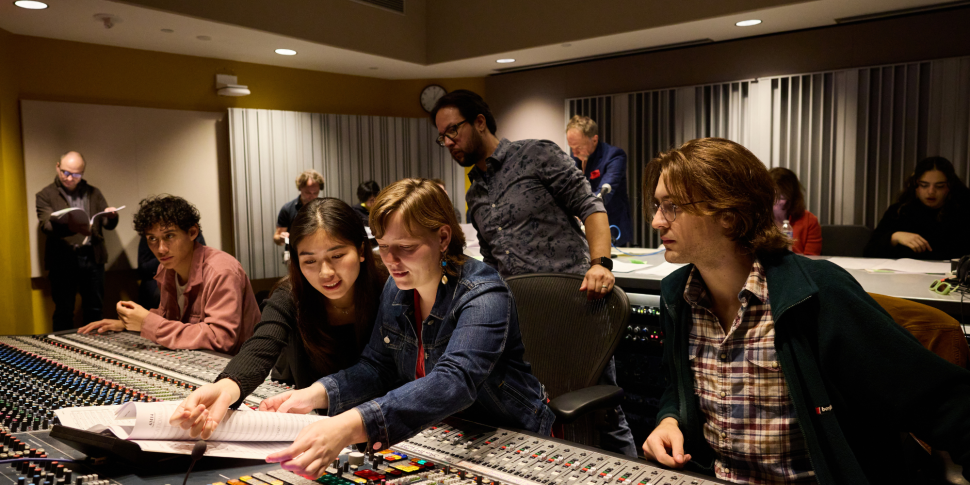
- A Shared Passion: Imagine walking into a room where everyone is just as obsessed with sound as you are. That's the vibe at music school, where you're surrounded by peers who share your love for creating the perfect mix. This kind of environment can be a huge motivator, pushing you to refine your craft.
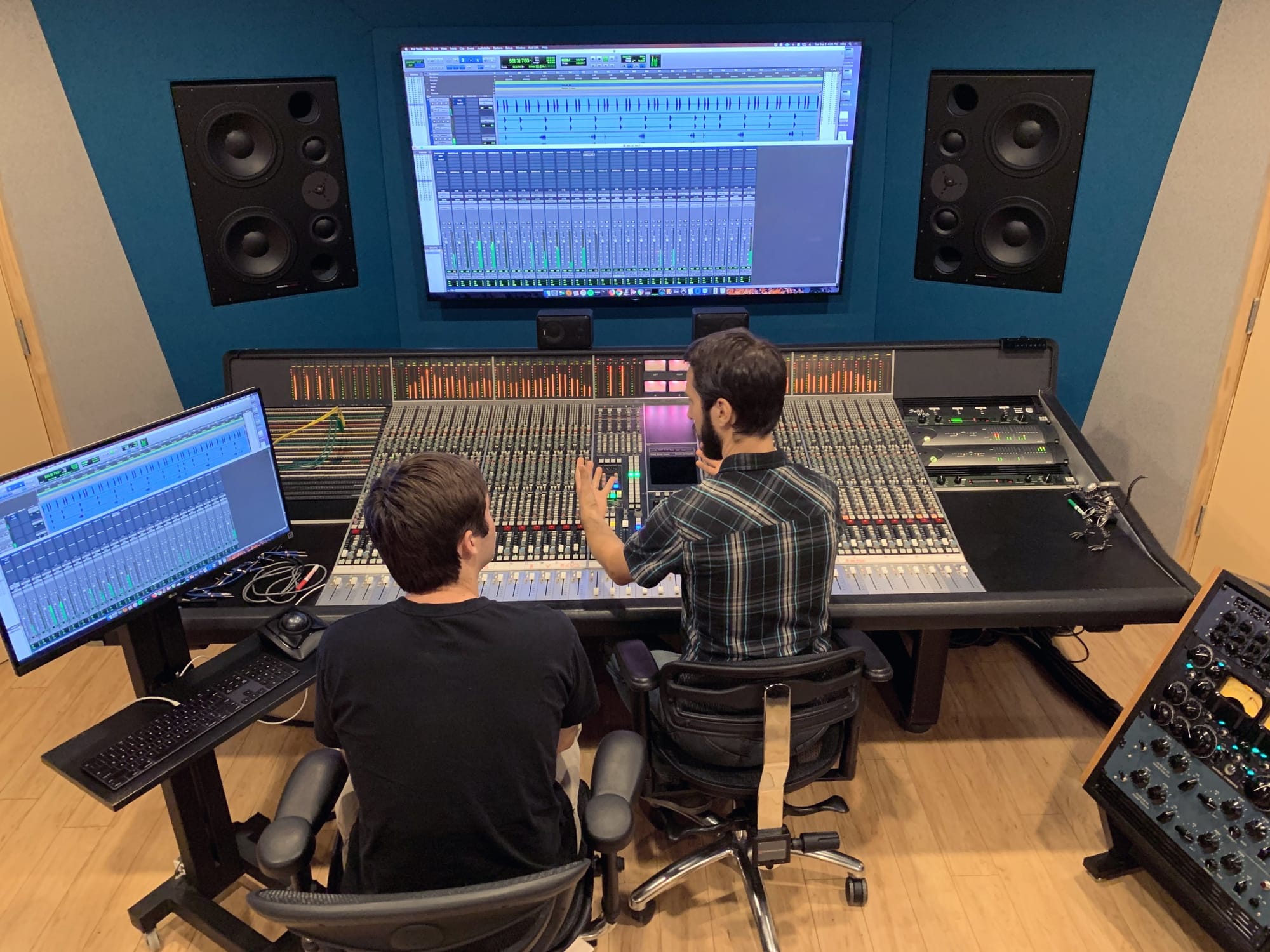
- Guidance from the Pros: Having experienced instructors at your disposal is invaluable. They can provide immediate feedback and insights that help you improve. Schools like Berklee and Point Blank Music School offer courses designed to hone your critical listening skills and understand industry-standard processes.
- Structured Learning: With curriculum that covers everything from basic mixing principles to advanced mastering techniques, music school provides a comprehensive education. This structure ensures you don't miss any crucial elements in your learning journey.
- Industry Insights: Many programs feature guest lectures and tutorials from industry leaders, giving you a peek into the professional world and the latest trends in mixing and mastering.
- A Commitment to Excellence: Enrolling in a course is a commitment to yourself and your future. This dedication can be the drive you need to master the art and science of mixing and mastering.
The Potential Pitfalls
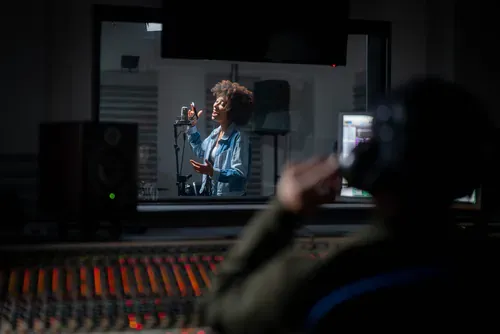
- Hands-On Experience Lacking: While you'll gain a thorough understanding of theory, the hands-on, real-world experience might be less emphasized. Developing chemistry with clients and handling live projects are aspects that often require personal initiative.
- Creative Exploration: Some schools might teach a particular method or focus on specific software, which could limit your creative freedom. Mixing and mastering are as much about innovation as they are about technique.
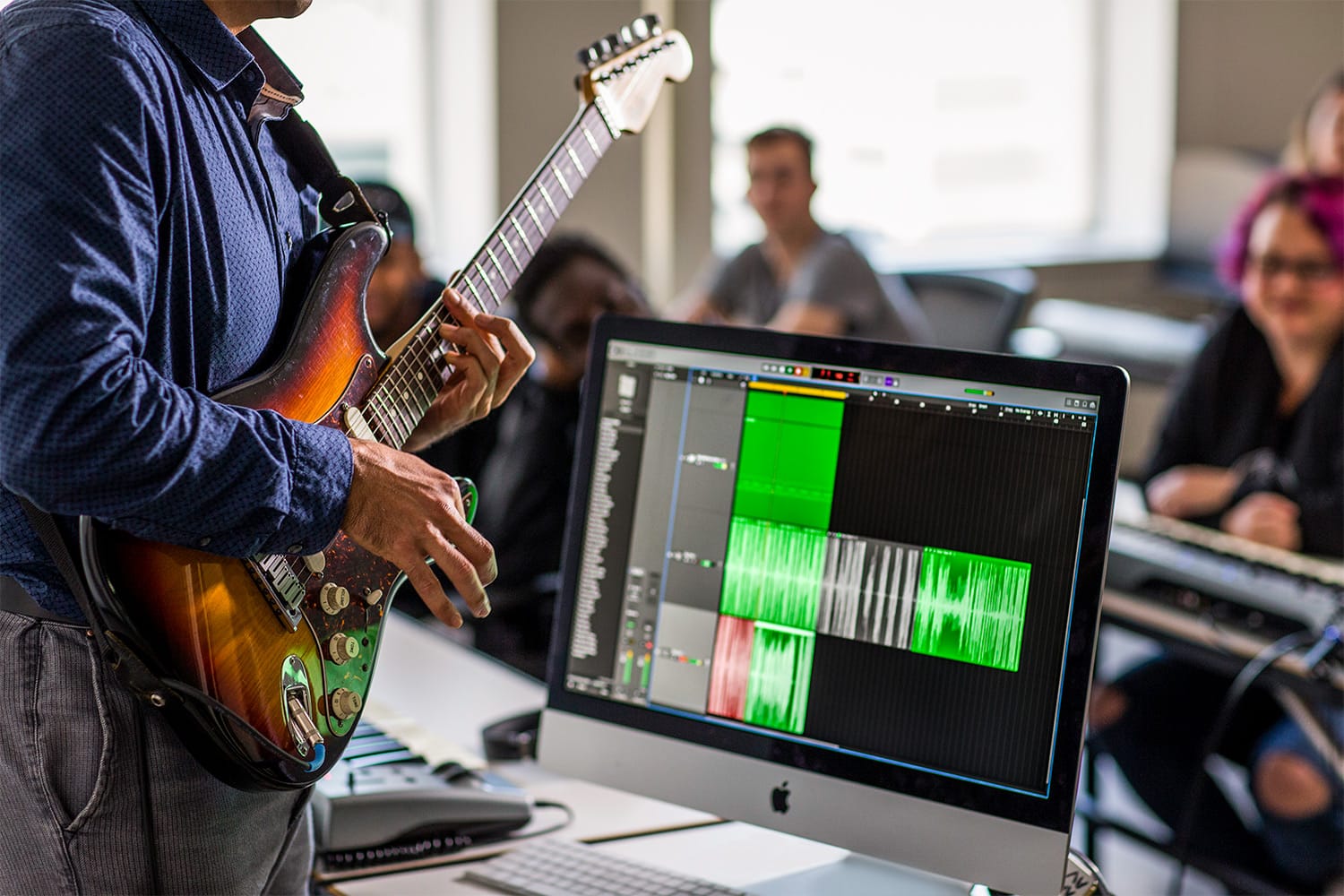
- Tuition Costs: Formal education can be a financial investment, so it's crucial to assess whether the program provides value for your money. Not all programs balance cost with quality education.
- Theory vs. Practice: A strong theoretical foundation is critical, but practical skills like mixing live tracks or mastering for different media are just as important. Some programs might not provide as much practical training as you'd like.
Conclusion

Deciding whether to attend music school for mixing and mastering is a personal choice that depends on your goals, resources, and learning style. Schools can offer a rich environment for learning and networking, but real-world experience and a personal drive to experiment and innovate are key to thriving in this field. Whether you choose a structured academic path or self-directed learning, staying committed to mastering your craft is what will ultimately lead to success.

